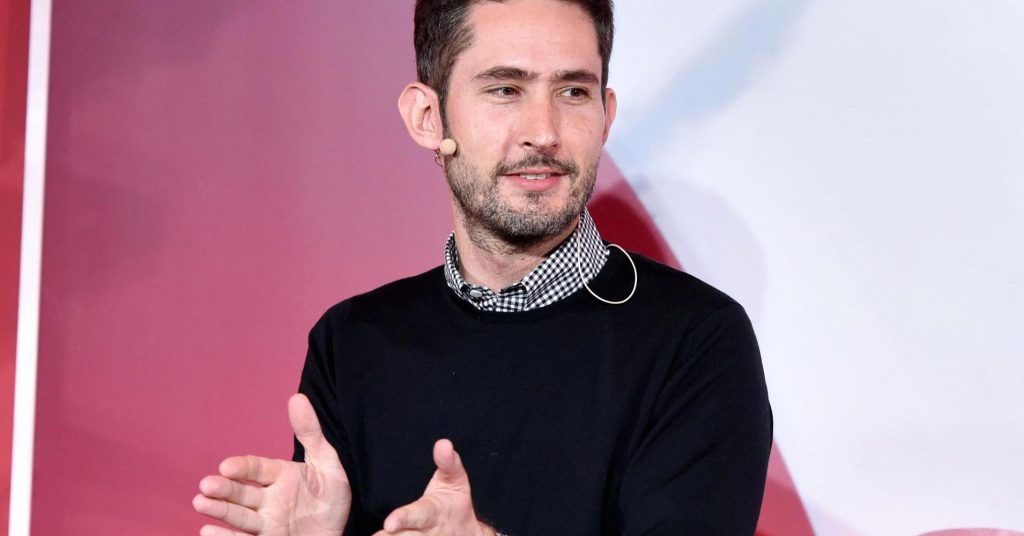
I tossed and turned last night, and according to a new app that uses your phone’s speakers to measure how well you sleep, I only got 5 hours and 37 minutes.
The app is called SleepScore and it’s the first of its kind to measure how well you sleep without requiring anything more than your iPhone or Android phone placed on your bedstand. It’s free and launches for iPhone today and Android later this month.
The company behind it says it’s more accurate than wearables on the market since it’s able to measure all parts of your body, not just movements or your heart rate like wrist-worn wearable or a smart mattress pad. I’m pretty impressed by how much information it gave me when I woke up this morning.
Here’s how it works.
You might have heard of SleepScore labs before. Until now, the company sold a $149 product called the SleepScore Max that you placed by your bed for more information on how you slept.
Now, SleepScore Labs can do all that using your phone’s speakers.
First, you install the free app. Then, you run through it and answer a few questions, like whether you usually sleep well or not, if you typically snore, if you like to sleep in a cool room, if you prefer white noise while you sleep and more.
Then you place it next to your bed — the company says you should keep it about 6 inches above your chest, facing you — and tap a button to begin recording your sleep. That height recommendation can be a little awkward, but I solved it by stacking a couple of books on top of a Kleenex box, then putting my phone on top.
The app bounces sound waves that you can’t hear off your body while you snooze. It’s capable of tracking all stages of sleep doing this, and it doesn’t matter if you share the bed with a partner or a dog, or sleep deeply under a bunch of covers. It’s pretty wild.
You can see I have a score of 73 out of 100. According to the app, that’s below the 78 score average I should get as a 33-year-old.
I slept for only about 5 hours and 37 minutes, even though I was in bed by 10:11 p.m. and got out of bed around 6:45 a.m. The app says I woke up about six times last night, which seems right. I’ve still felt a little jet-lagged since traveling to California from New York last week and I’m still not quite on my regular East Coast sleep schedule.
The app shows I got about 3 hours and 23 minutes of light sleep, only 51 minutes of deep sleep and 1 hour and 23 minutes of REM sleep (dreaming sleep). I was awake for 52 minutes but in bed for a total of 8 hours and 34 minutes.
When I click each section, SleepScore tells me what that means. Light Sleep is when it’s easiest to be disturbed, it says, while deep sleep is when my body heals and REM sleep is when my brain processes my memories from the day. My REM sleep was scored at 18 out of 20, which isn’t bad, but my deep sleep was just 13 out of 20, which could be improved.
The app takes all of this and creates a mind score, a body score, and a respiratory rate score. None of this seems to mean much to me, except that I know an overall score of 73 / 100 isn’t very good.
I’m pretty surprised by how accurate this appears to be since I feel like I tossed and turned and didn’t get enough rest last night. The app shows that, and all I did was hang my smartphone by my bed.
There isn’t much I can do with this data right now, though, other than recognize that it’s a good reflection of what happened while I was in bed.
That’s where SleepScore is going to try to make money.
You can pay $5.99 per month or $29.99 per year (that price increases to $49.99 a year on July 31) to get recommendations on how to improve your sleep score. It includes a report you can give to a doctor, suggestions on certain products that can help you sleep better — such as pillows or gadgets to help you stop snoring, provided by companies that SleepScore partners with — and long-term analytics tracking.
I’m planning to stick it out with the free version to see what a full week of sleep analysis looks like before I decide whether to buy the premium model or not.
If you’re concerned about your sleep and don’t want to shell out for a wearable — which I’ve always found too annoying to sleep with — then give SleepScore a shot.

